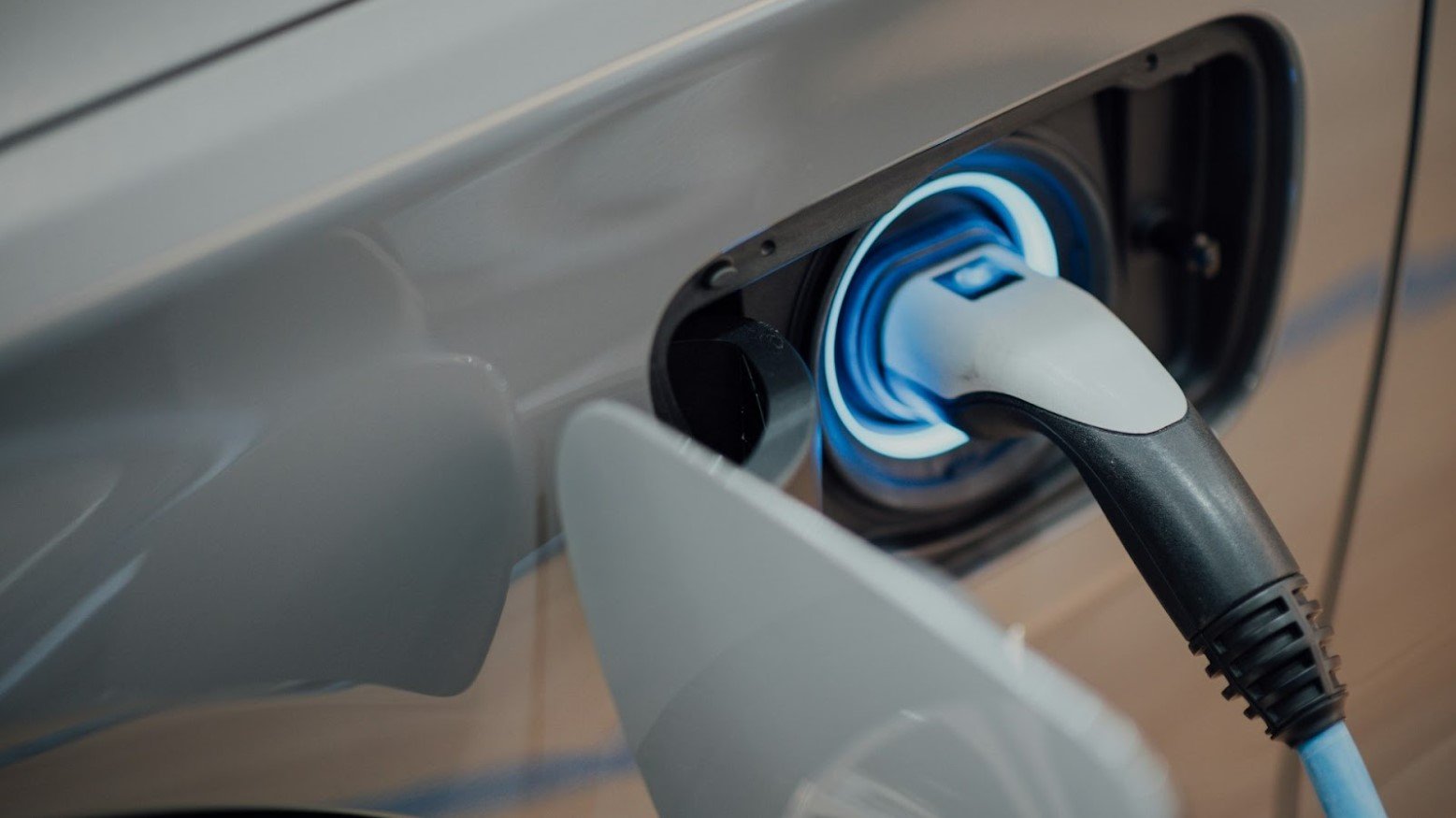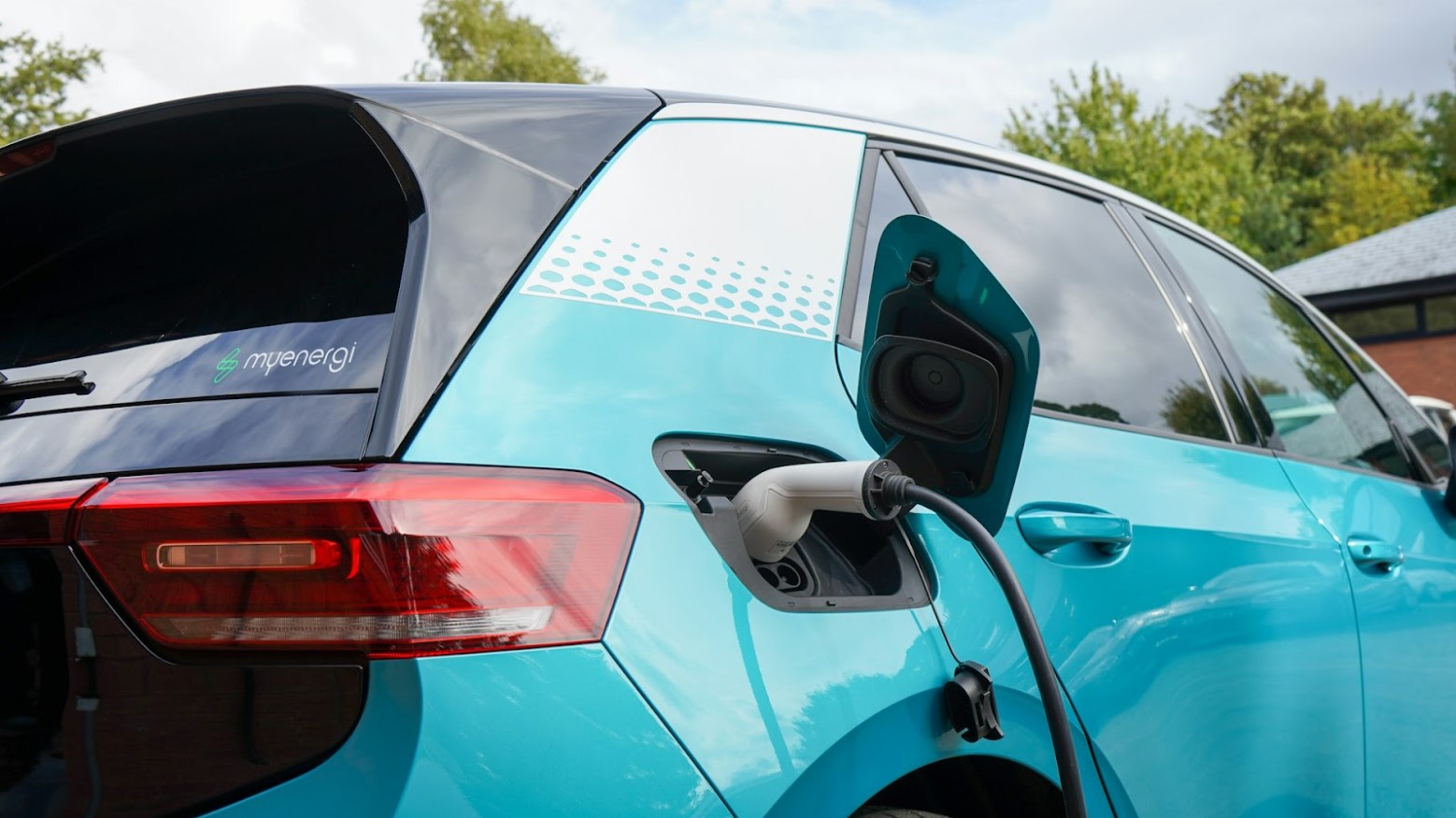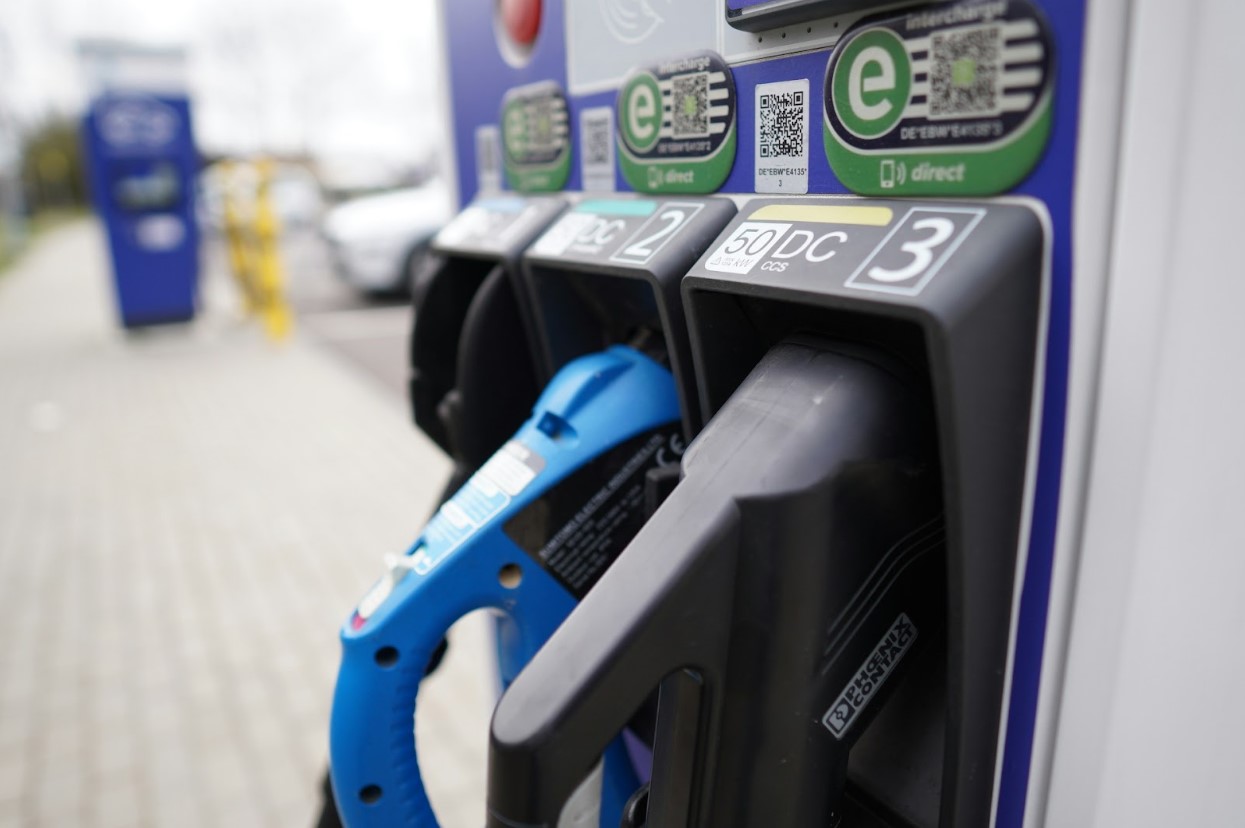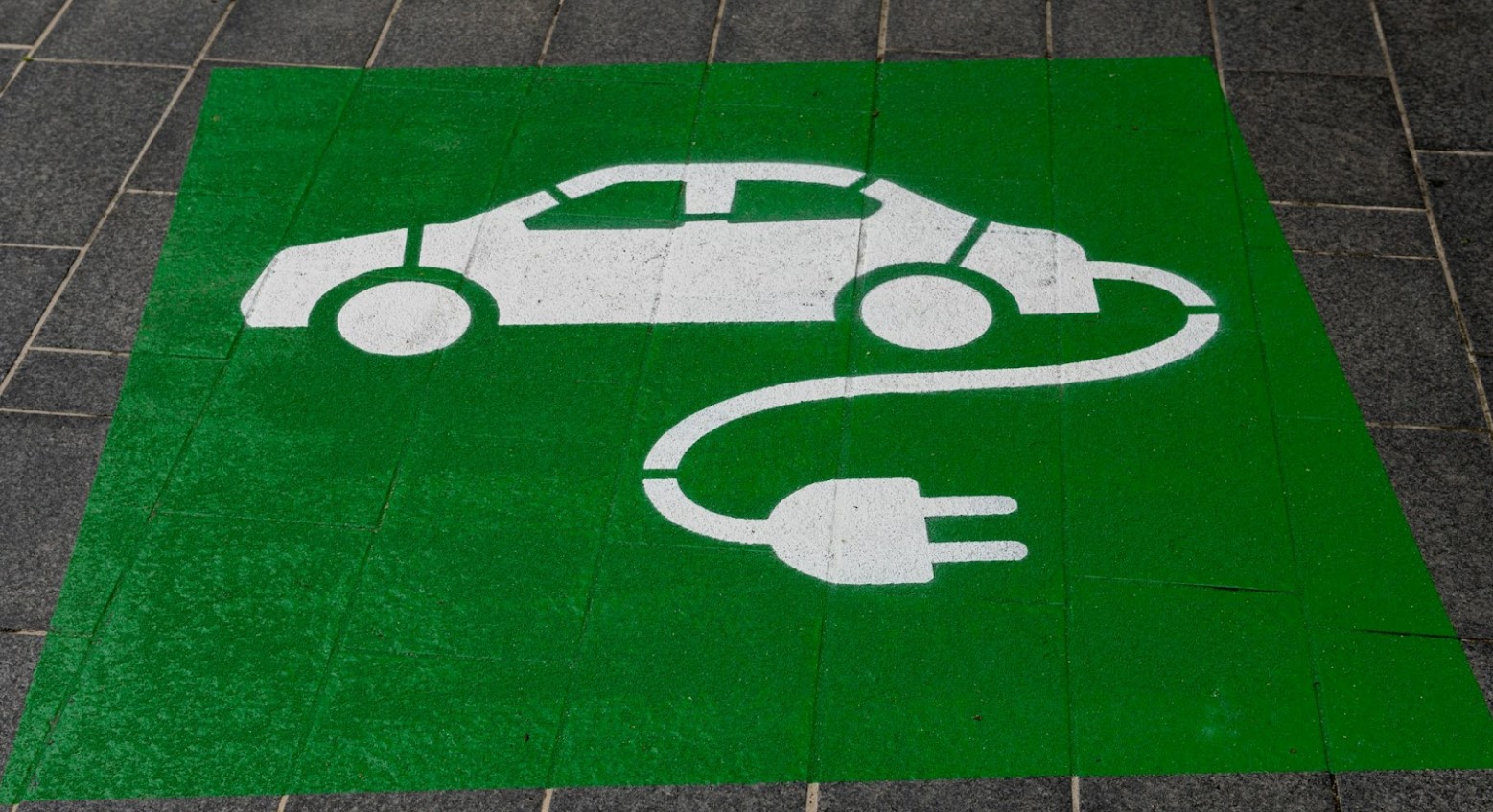There’s a lot of public discourse around Electric Vehicles (EVs). On the one hand, they’re the solution to a lot of the problems caused by crowded modern roads and the environmental impact of harmful tailpipe emissions.
But they’re not without issues of their own. EV owners have their own grievances with the vehicles, with questions raised regarding their cost, convenience and their real contribution to environmental sustainability and preservation.
Big Starting Investment

One of the benefits touted by EV advocates is that they offer cost savings to motorists. Without the need to fill up at the pump, EV drivers can save money compared to their gas-guzzling counterparts.
They seem to come with a big initial price tag, though, with most estimates putting the average cost of a new EV around $50,798. The average price for a new car of any kind is around $48,800. But when we break it down by vehicle type, we can see some of the steep EV costs — the average price of electric cars (sedans, sports models, small hatchbacks, etc.) might be closer to $72,000.
Costs of Public Charging

The debate around whether EVs do indeed offer cost savings extends to recharging. Some anecdotal accounts indicate that using a public charging station for an electric truck might in fact cost more than a traditional gas refill.
Public charging costs can indeed vary wildly from area to area depending on the costs of electricity and gas. Overall, though, it seems EVs still offer a cost-saving, though potentially not as much as drivers expect when they make the switch to electric.
Home Charging

There’s an alternative to public charging: EV owners can opt to install home charging setups. These, however, come with their own financial implications.
Costs of installing a home EV charger can vary but typically range from $799-$1,999. This is another fairly substantial investment to consider, which somewhat reframes discussion around the affordability and cost-saving of EVs.
Maintenance and Repairs

Maintenance is an essential part of any vehicle ownership, and it’s no different for EV owners. There has been something of a narrative that EVs have low maintenance costs.
In reality, insurance premiums and repair parts can be more expensive. Claims for EVs are 25.5% more expensive than for traditional cars, and EV repairs may take 14% longer, which affects premiums.
Road Tax

Increased EV adoption is also introducing a fiscal dilemma for funding road maintenance. Traditionally, states get money for maintaining road infrastructure from gas taxes.
EV owners don’t pay such a tax, and so states are seeing funding shortfalls as EV adoption increases. Many states are trying to find ways to counter this, exploring alternatives like per-mile tax schemes to replace traditional per-gallon models.
Range and Costs of Recharge

Range is improving with each generation of EVs, but the average range for many vehicles is still quite limited. Many have a range of only around 300 miles per charge.
This calls into question their practicality in many driving scenarios, particularly those involving longer trips. The need to recharge so frequently, coupled with the potential costs of using public charging points, again gives a more nuanced perspective of the true affordability of practically running an EV.
EVs Have an Environmental Impact of Their Own

One of the main benefits touted about EVs is their positive environmental impact. With zero tailpipe emissions, they are better for the health of the environment than gas-powered cars.
But these vehicles have an environmental impact of their own that often isn’t part of the discourse around them. Production of a single EV produces around 4 tons of CO2 for the vehicle to “break even.” And to offset the environmental impact of its own creation, it would need to be on the road for at least 8 years.
Public Sentiment and Policy

Government policy in a lot of states has strongly supported the adoption of EVs. Indeed, California is looking to ban the sale of gas-powered cars by 2035.
But policy objectives might not match exactly with the reality of EV ownership. Anecdotally, EV owners experience challenges that perhaps don’t make them as viable as policymakers might indicate.
The Benefit of EVs May Not Be Quite So Cut and Dry

Many things that are accepted as “fact” when talking about EVs, like their affordability and blanket environmental benefit, perhaps aren’t as straightforward as they may appear.
The situation is more nuanced. As EV adoption becomes more widespread, it may be appropriate for a more comprehensive, fact-based examination of the intricacies of utilizing these vehicles on such a large scale.
Public Discourse

The real-life experiences of EV owners would be invaluable to public discourse around the true benefits of EVs. It’s one thing to have data showing how, in theory, EVs provide cost savings to drivers, but it’s another to have a driver detail their own experience of how the large initial investment all but eliminated this saving.
Real-world insights, along with pure data, are the key to shaping the trajectory of EV integration and policy and truly understanding the implications of a switch to electric.
The EV Future

Speak to EV owners and you’ll likely get an account of what it’s like to run these vehicles that is a bit at odds with the public perception of the benefits of going electric.
Such opinions shouldn’t completely change that perception or signify a conclusion one way or another, but they should certainly inform consumers that there is a multifaceted, nuanced debate to be had around the adoption of EVs.
